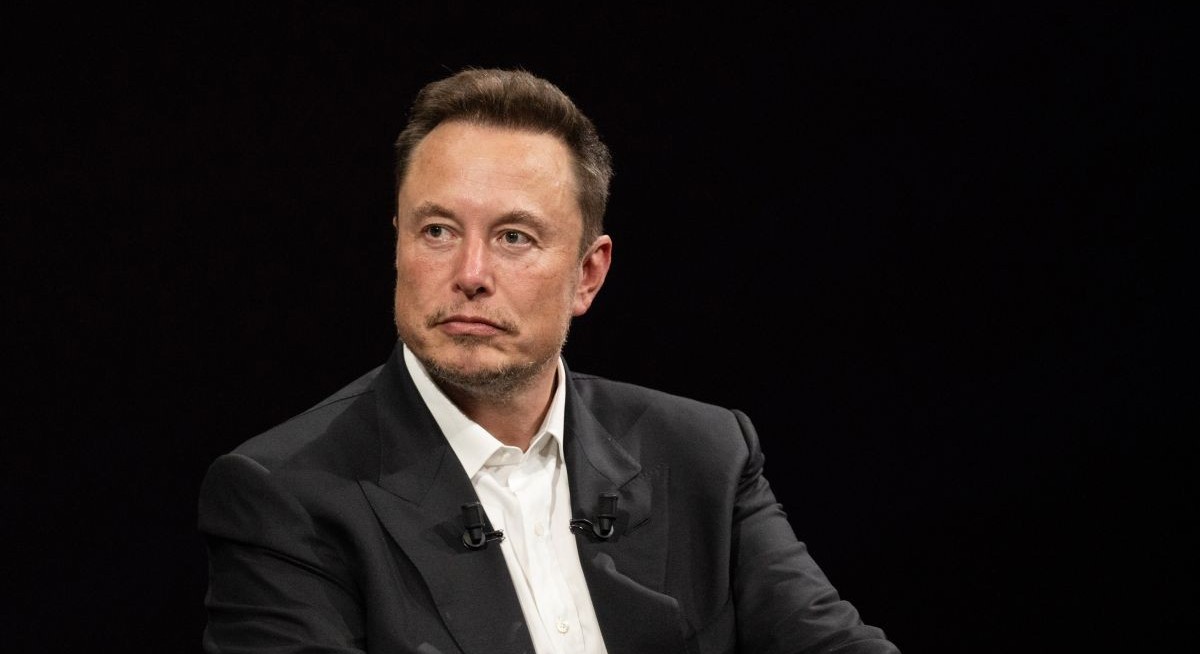(Nov 6): Even if Tesla Inc shareholders approve a US$1 trillion compensation plan for Elon Musk, the experience of other CEOs show a big payout isn’t guaranteed.
When Opendoor Technologies Inc and Airbnb Inc went public within weeks of each other in December 2020, they both tapped so-called “moonshot” compensation deals for their chief executives potentially worth billions, reflecting their ambitious growth goals and a giddy investment environment.
Inspired by Tesla’s 2018 compensation package for Elon Musk, such deals can hand CEOs massive equity stakes in exchange for hitting agreed-upon goals, like share price targets or operational milestones. They typically vest in tranches as different targets are met, and can stretch over as long as 10 years. In exchange for the big potential payoff, leaders agree to forgo most or all of their typical salaries and bonuses — a high-risk, high-reward gamble.
At Opendoor and Airbnb, their leaders might have been better off taking the salary. Opendoor’s Eric Wu left last year after achieving only one of his company’s six price targets, while Airbnb’s Brian Chesky has so far achieved only two of 10 targets, with the stock price needing to rise more than 70% before more pay unlocks. Other executives, like Farfetch Ltd’s founder, failed to hit any targets at all before moving on.
The deals are a reminder that while moonshots built some notable CEO fortunes, they’ve also produced their fair share of flops. But for supporters, they show the structures work.
“The Axon plan incented Rick Smith to >5x the value of Axon and he did,” Atreides Management Chief Investment Officer Gavin Baker recently posted on social media, referring to Axon Enterprise Inc’s more than quintupling of its share price, which turned CEO Smith into a billionaire. “And when milestones aren’t met (such as Farfetch), then the CEOs don’t receive the payouts,” he said.
See also: US has most October lay-offs in over 20 years on AI and cost cuts
Before waning pandemic tailwinds plunged DoorDash Inc’s stock into the doldrums, CEO Tony Xu negotiated a pay package that could be worth US$5.2 billion if its share price rose 500% above its 2020 IPO price. Divided into nine tranches with seven years to achieve them, Xu only earned his first award earlier this year and the second last month. Before that he’d been on a US$300,000 salary.
“We believe Tony is a world-class founder and CEO,” DoorDash spokesperson Ali Musa said in a statement. “We’re proud of the progress we are making to grow and empower local economies around the world and the returns we’ve delivered for shareholders. That said, we still have a long way to go.“
DoorDash shares slumped Thursday after the food-delivery firm said higher spending weighed on its earnings outlook.
See also: Fed’s Miran says ADP jobs data slightly better than expected
Lottery tickets
Xu and Chesky still have control of their companies and a shot at getting the rest of their pay packages. Other CEOs have been less fortunate.
After luxury e-commerce retailer Farfetch’s stock took off during the pandemic, founder and CEO José Neves won a package worth US$2.1 billion at its highest price target. But the stock slid more than 90% from its peak before the company was sold last year, and none of the compensation vested.
Paycom Software Inc was trading at roughly US$400 a share in November 2020 when it granted CEO Chad Richison a package worth US$2.8 billion at its top price target of US$1,750. By February 2024 shares were worth less than US$200 each. Paycom promoted its chief operating officer to a co-CEO position alongside Richison, who forfeited the unearned awards as a result of the leadership change.
“The concern that we have in the industry is not just the size, but what kind of risk are the CEOs willing to take to achieve these outsized rewards,” said Eric Hoffmann, chief data officer of compensation consultancy Farient Advisors, speaking generally about moonshot-style packages. “They feel like lottery tickets.”
A representative for Airbnb declined to comment. A representative for Paycom didn’t respond to a request for comment.
Second tries
To stay ahead of Singapore and the region’s corporate and economic trends, click here for Latest Section
Some companies have returned to moonshots even after initial deals using the structures fizzled.
Opendoor’s shares were trading around US$2 when founder Wu departed, leaving behind unvested awards worth nearly US$900 million at the top price target. In September it granted new CEO Kaz Nejatian a similar moonshot deal, but with new, pared-down share-price goals. The potential payoff is even higher — at its maximum price target of US$33, the award is worth US$2.7 billion.
“Nearly all public company CEOs, with very few exceptions, have compensation packages that misalign the executives to the interests of shareholders,” said Nejatian. “Wall Street is littered with CEOs who got rich while destroying companies and harming shareholders. This is bad for capitalism.”
Tesla shareholders now decide whether Musk deserves his second moonshot — or what the company is terming a “mars-shot” — after he hit the goals of the first in less than three years.
“The question is how all-powerful do we want to make CEOs. This particular package is beyond a moonshot. A trillion dollars isn’t a moonshot,” said Dan Walter, an independent pay consultant. “On the flip side, if he creates a company worth US$5 to US$8 trillion dollars, everybody that has a piece of that company will make a lot of money.”
Uploaded by Lam Seng Fatt




